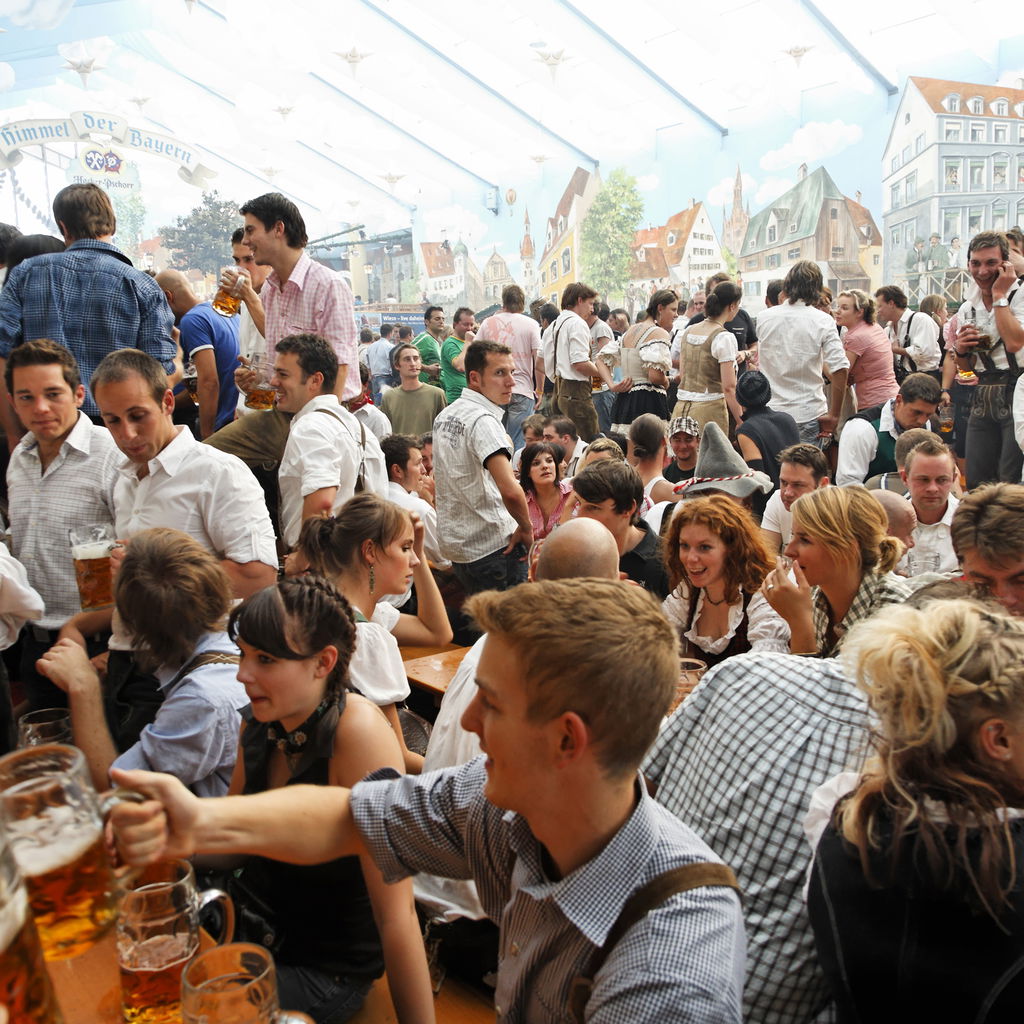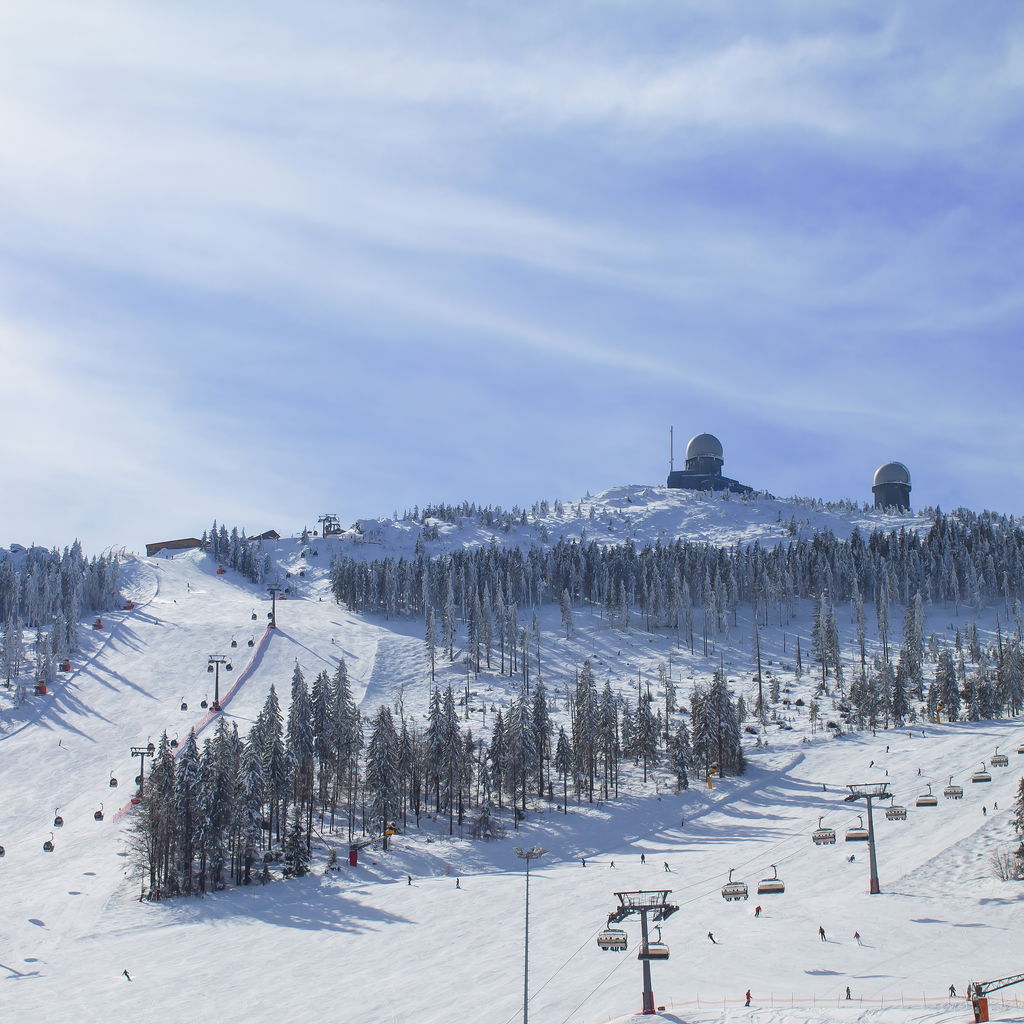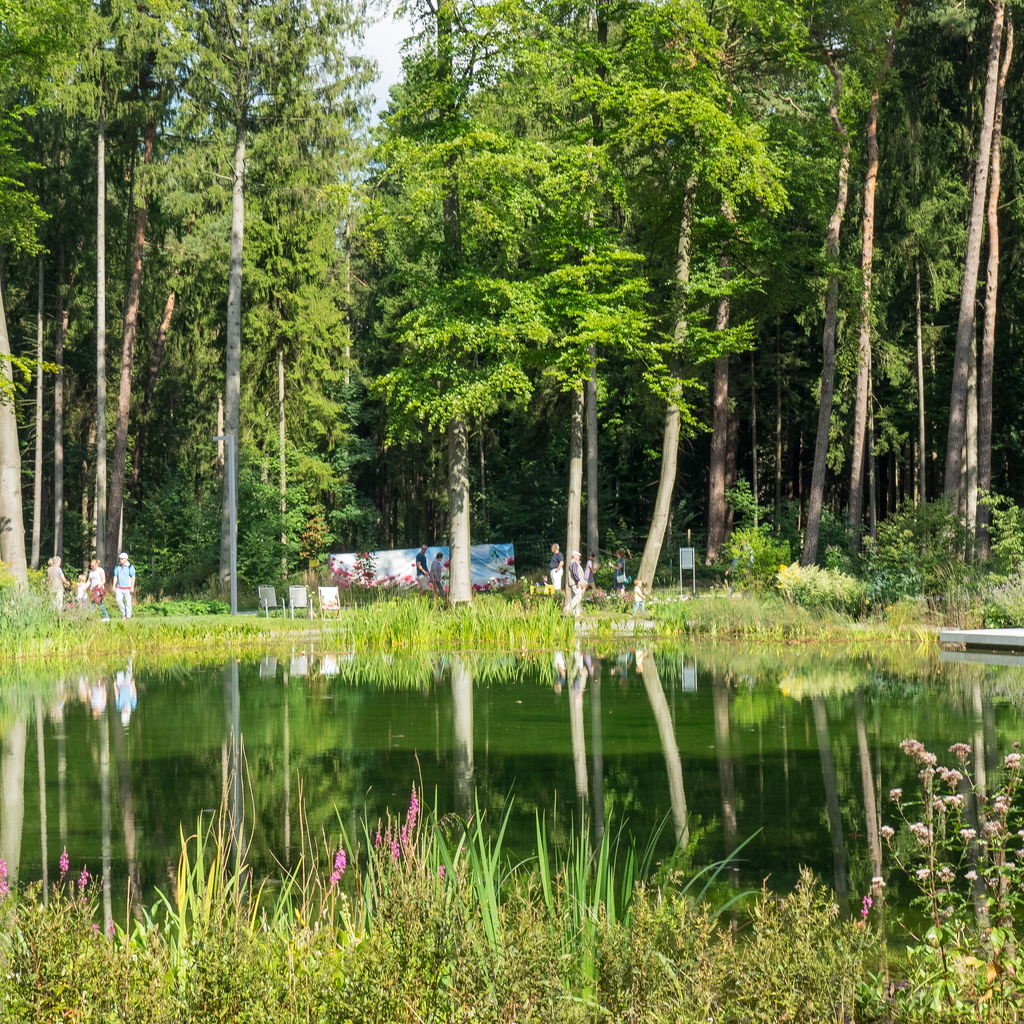
Germany
Welcome to Germany - the economic powerhouse of Europe that offers so much more than just stereotypical efficiency and world-class beer! 🇩🇪 As a seasonal worker in Germany, you'll discover a country of stunning contrasts: fairy-tale castles nestled in the Bavarian Alps, cutting-edge urban scenes in Berlin, picturesque vineyards along the Rhine, and festive Christmas markets that transform city centers into winter wonderlands. With one of Europe's strongest economies, Germany provides seasonal workers with competitive wages (minimum €12.41/hour!), excellent working conditions, and the perfect central location to explore the rest of Europe on your days off. From serving Glühwein at Christmas markets in December to picking grapes in the wine regions during autumn, or helping festival-goers navigate the world-famous Oktoberfest - Germany's seasonal work calendar is packed with diverse opportunities that combine cultural immersion with valuable professional experience. Ready to add some German precision and work-life balance to your CV while creating unforgettable memories? Let's dive into what makes Germany such an outstanding destination for your next seasonal work adventure!
Featured jobs in Germany

Work as holiday representative (m/f/d) at the most beautiful European campsites in Northern Europe
In your new job as an holliday representative (m/f/d) at campsites, you will ensure that all guests enjoy their stay from check-in to check-out: you will look after both the infrastructure and the guests.

Spend a summer as a kids activity leader at a beach resort
Are you ready to be a leader, a team player, and the ultimate creator of holiday magic? If so, welcome to the adventure of a lifetime at our Children’s Club Team!

Work as waiter (m/f/d) at a beautiful beach restaurant in Zeeland (car needed)
Always wanted to work on the beach? A beach pavilion in Zeeland is looking for motivated service staff for the coming season! This is your chance if you love gastronomy, enjoy the sea and want to experience a great adventure.
Why work in Germany?
Germany offers seasonal workers some of the best financial incentives in Europe. With a minimum wage of €12.41 per hour (as of 2023), you'll earn significantly more than in many other European destinations. What's more, German employers are known for their reliability when it comes to fair pay, overtime compensation, and adherence to labor laws. Many seasonal positions also include benefits like subsidized meals, staff accommodation, and even health insurance coverage. For EU citizens, working in Germany is straightforward with minimal paperwork, while non-EU citizens can often find sponsored seasonal work opportunities, especially in industries facing labor shortages like hospitality and agriculture.
The diversity of seasonal work opportunities in Germany is truly impressive. Winter brings openings at ski resorts in Bavaria and the Black Forest, as well as the magical Christmas markets across the country from late November through December, creating thousands of temporary jobs in food service, retail, and entertainment. Summer sees a boom in beer garden staff, tour guides, and festival workers, with events like Oktoberfest offering intensive but highly rewarding short-term positions. Spring and autumn bring agricultural work in Germany's wine regions, fruit orchards, and hop fields. Year-round, you'll find opportunities in Germany's robust hotel and restaurant industry, particularly in tourist hotspots like Berlin, Munich, and the Rhine Valley.
Working in Germany provides invaluable professional development regardless of your career path. German employers are respected worldwide for their training standards and organizational skills, meaning your experience here will be viewed favorably by future employers. The work culture emphasizes precision and quality while also respecting work-life balance - expect punctuality and efficiency during working hours, but also clear boundaries that protect your free time. Many Germans speak excellent English, especially in tourism-related fields, though learning some basic German phrases will significantly enhance your experience and employment prospects. The skills you develop while working in Germany - from improved language abilities to an understanding of high service standards - will serve you well wherever your career takes you next.




Weather & climate
Germany experiences distinct seasons that create a diverse range of seasonal work opportunities throughout the year. Summers (June to August) are pleasantly warm, with average temperatures between 20-25°C in most regions, though occasional heat waves can push temperatures above 30°C. These warm months see Germany's tourism industry at its peak, with bustling beer gardens, outdoor festivals, and lake resorts creating abundant seasonal jobs. The shoulder seasons of spring (March to May) and autumn (September to November) bring mild temperatures and stunning natural scenery - spring with its blossoming trees and autumn with its golden forests - making these ideal times for agricultural work in vineyards, orchards, and farms.
Winter (December to February) transforms Germany into a different world, with temperatures typically hovering between -5°C and 5°C. While the north tends to be wet and windy, the southern regions, particularly Bavaria and the Black Forest, often receive significant snowfall, supporting a thriving winter sports industry. This cold season brings its own unique seasonal work opportunities, most notably at the famous Christmas markets (Weihnachtsmärkte) that appear in virtually every German town and city from late November through December. These markets create thousands of seasonal positions in food service, crafts, and entertainment. Indoor work in restaurants, hotels, and shops also remains steady throughout the winter as both domestic and international tourists seek cozy experiences during the colder months. No matter when you prefer to work, Germany's seasonal climate ensures there's always demand for seasonal workers somewhere in the country.
Jan
Feb
Mar
Apr
May
Jun
Jul
Aug
Sep
Oct
Nov
Dec
Start your adventure today!
Ready to experience German efficiency, culture, and opportunity firsthand? Yseasonal can connect you with the perfect seasonal position in Germany, whether you're dreaming of pouring beer at Oktoberfest, creating magical moments at Christmas markets, or harvesting grapes in picturesque wine valleys. Our platform makes the application process simple and straightforward, with expert guidance on work permits, accommodation, and everything you need to know about living in Germany. Plus, our community of fellow seasonal workers provides insider tips and friendship from day one. Don't let language barriers hold you back - many of our positions require minimal German or are perfect for English speakers. Take the first step toward your German adventure today! Create your Yseasonal profile now and discover why thousands of young professionals choose Germany for career-boosting seasonal work. Prost to your future success! 🍻✨
Frequently asked questions
Not necessarily! While knowing some German is definitely a plus (and might get you a better salary 💰), many seasonal positions - especially in tourism, hospitality, and larger cities - only require basic German or even just English. That said, learning key phrases like 'Noch ein Bier, bitte!' (Another beer, please!) will make your life easier and more fun! Tourist hotspots like Berlin, Munich, and the ski resorts in Bavaria often have English-speaking environments. However, if you're working in rural areas or with mainly German customers, a decent grasp of German will be expected. The Yseasonal platform clearly marks language requirements for each job listing, so you'll know before you apply!
Germany is a seasonal job goldmine! 🌟 In winter, ski resorts in Bavaria and the Black Forest need instructors, lift operators, hotel staff, and après-ski bartenders. Summer brings opportunities at beach resorts along the Baltic Sea, lakeside destinations, and outdoor adventure parks. Year-round, you'll find festival work (hello, Oktoberfest! 🍻), vineyard harvesting in regions like Mosel and Rhine, and agricultural work picking strawberries, asparagus, or apples depending on the season. Germany's famous Christmas markets (Weihnachtsmärkte) offer short but intense seasonal work from late November through December. The hospitality sector in major tourist cities ramps up hiring during peak seasons too. Tech-savvy? Events like Berlin's IFA or gaming conventions need temporary staff. Whatever your skills, there's likely a seasonal German job with your name on it!
Document check time! ✅ If you're an EU citizen, it's pretty straightforward - you just need your valid ID card or passport. Non-EU citizens will need a work visa or permit specific to seasonal work - don't worry, many employers help with this process! Everyone needs a tax ID (Steueridentifikationsnummer), which you'll get after registering your address at the local city office (Anmeldung). You'll also need health insurance coverage valid in Germany - EU citizens can use their European Health Insurance Card (EHIC), while others need to arrange appropriate coverage. Bring original copies of your qualifications and any specific certifications required for your job (like food handling certificates for restaurant work). Pro tip: Having a German bank account makes getting paid much easier, so bring your banking details and be prepared to open a local account. Your Yseasonal advisor can guide you through all the paperwork jungle - we've been there too! 🌳
Let's talk cash! 💶 Germany has a minimum wage of €12.41 per hour (2024), so that's your absolute baseline. Most seasonal workers earn between €12.50-€18 per hour depending on the sector, location, and your experience. Hospitality jobs often include tips on top of your base salary, which can significantly boost your earnings, especially in tourist areas. Ski resort positions during winter season or festival jobs might offer higher rates due to the intense but short-term nature of the work. Remember that in Germany, your employer will deduct taxes and social security contributions from your salary (typically around 20-30%), so your actual take-home pay will be less than the gross amount. The good news? Many seasonal positions include perks like accommodation and meals, which saves you significant money. Bavaria and Baden-Württemberg typically offer the highest wages, while eastern regions might pay a bit less. If you're juggling multiple offers, don't just look at the hourly rate - consider the full package including accommodation, meals, hours, and location perks!
German work culture is like their engineering: precise, efficient, and reliable! ⏱️ Punctuality is practically a national virtue - 'on time' means arriving 5-10 minutes early. Germans generally separate work and personal life clearly, so don't be surprised if your colleagues seem formal at first. Direct communication is valued - Germans say what they mean without sugar-coating, which can feel blunt if you're not used to it (don't take it personally!). Hierarchy matters, and proper titles (Herr/Frau) are important until someone suggests first names. Work quality and thoroughness are highly appreciated - the concept of 'Gründlichkeit' (thoroughness) is real! As a seasonal worker, show your reliability by being punctual, following processes exactly, and asking questions when unsure rather than guessing. Germans respect breaks and off-hours - most shops close on Sundays, and your free time is yours. While after-work drinks happen, excessive partying that affects your work performance won't fly. Make an effort with at least basic German phrases, dress appropriately for your role, and remember that your efficiency and reliability will be much more valued than being the most outgoing person on the team. Once Germans warm up to you though, you've made friends for life!